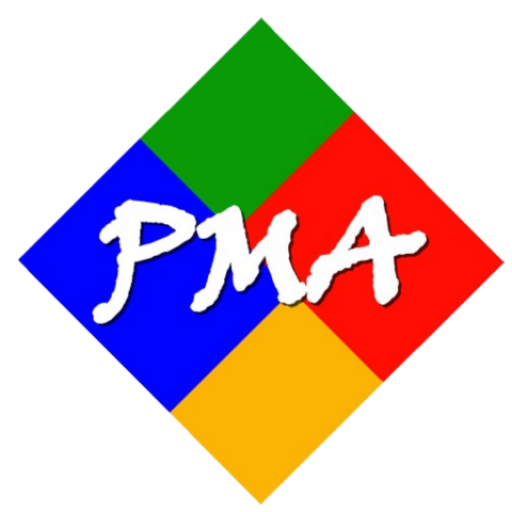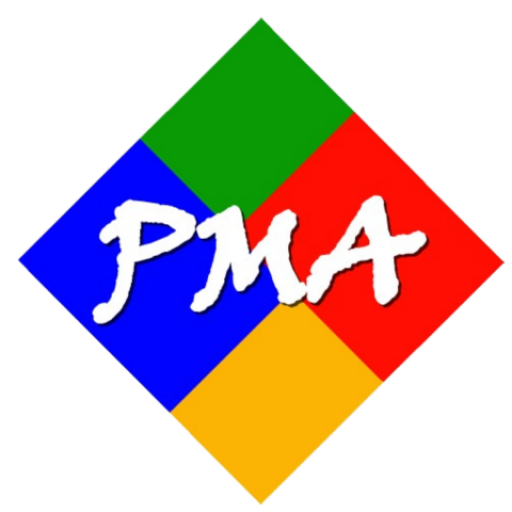Portland Metro Arts
Music Department Frequently Asked Questions
Welcome! By enrolling in a dance class, you have become part of an exciting arts program. To help you get started, here are the answers to the most commonly asked questions. If you need any further assistance, please call us at 503-408-0604 or email Dance@PDXMetroArts.org. We will be happy to help.
What do music students bring to class?
Lesson books for private music students can be purchased from PMA when needed. The student is also encouraged to bring music they are interested in learning. A plain spiral notebook is helpful for keeping track of lesson assignments. Music is provided for Group Music classes.
Where can you get instruments?
Our group classes have instruments provided. For private lessons, we have some violins available for rental or we recommend two local places for instrument rentals: David Kerr Violin Shop, (503) 238-4515 and Portland Music Company Eastside, Division store, (503)760-6881.
Can I make-up a missed group class?
We require that students contact our office at least 24 hours in advance of an absence. If you have given our office at least 24 hours’ notice in advance of an absence, every effort will be made to work with instructor and student to schedule make-up time in the 15 minutes after the class’ scheduled time, within a month of the absence.
Can I make-up a missed private lesson?
Attendance/Lateness
Consistent attendance is critical to each student’s progress. PMA reserves the right to shorten class length of students who come late to class. The late arrival of one student can not be allowed to intrude on the lesson of another. Late arrival also interferes with the student’s ability to progress and learn.
Student Lesson Cancellation, Missed Lesson, Leave of Absence Notice
Consistent attendance is critical to each student’s progress. PMA reserves the right to shorten lesson length of students who come late. We require that students contact our office at least 24 hours in advance of an absence. If you have given our office at least 24 hours’ notice in advance of an absence, every effort will be made to work with instructor and student to schedule a make-up lesson. Students are entitled to two make-up lessons during the School Year Term. Missed lessons must be made up within six months of the absence.
Student Lesson Cancellation-Emergency
With less than 24 hours’ notice of an absence, no make-up lesson, rescheduling, class credit or refund will be given. In situations of sudden illness, family crisis or other unforeseen circumstance, each student will be granted one instance of grace and a make-up lesson will be scheduled. Beyond the one exemption, the student will be held financially responsible for the missed lesson. If more than two lessons will be missed or a leave of absence is required, we cannot guarantee that their current instructor, time slot or day will be available upon their return.
How do I help my child get the most our of classes/lessons?
Start at the Right Age
For children, starting at the right age is a key element to their success. If a child is put into lessons or classes too soon, they may feel overwhelmed, frustrated and want to stop. The last thing you want to do is turn a child off to music just because they had an unpleasant experience which could have been prevented. Waiting until the right age will allow them to progress much faster.
PMA age recommendations
Age 7 and under—If a younger student has a desire to start music, a group introductory class will give them a good foundation in music basics which will be helpful in later private lessons or group classes. At this age the child has not yet had a lot of experience in the formal learning environment of school and learns more effectively through the game-oriented group environment. Our Musical Beginnings class is an excellent option.
Piano—At PMA first grade is the youngest that we start children in private piano lessons. At this age they have begun to develop longer attention spans, have the necessary physical development and can retain material with greater ease. We ask that children not join our group piano class until age 9 as it requires a student to learn more independently.
Violin—Generally, we start private violin students at the first grade. However, children can begin sooner with parental involvement. A younger child’s readiness must be considered on an individual basis. Again we ask students be at least 9 for our group violin class.
Guitar—For a standard sized guitar, 9 years old is the earliest we recommend. Guitar playing requires a fair amount of pressure on the fingertips to press on the strings. Younger students generally have smaller hands and inadequate strength to play comfortably but may find a ukelele workable. A younger child’s readiness is considered on an individual basis.
Voice—Private and semi-private vocal classes begin at age 12. Due to the physical nature of voice lessons; proper breathing techniques, development of the vocal chords and breath control; younger bodies are not yet developed enough for the rigors of vocal technique.
Make sure your student comes prepared for their class/lesson
Help your student arrive on time, with their appropriate music, instrument, and music. Put your student’s name on their music books and remind your student to visit the bathroom prior to class, so class won’t be disrupted.
Make Practicing Easier
As with anything, improving in music takes practice. One of the main obstacles to music training is the battle between parents and students over practice. Here are some ways to make practicing easier and more effective.
Time—Set the same time every day to practice so it becomes a part of a routine or habit. This works particularly well for children. The earlier in the day the practicing can occur; the less reminding is required by parents. Beginning students should practice at home 10 to 15 minutes a day, 5 days a week. More advanced students should consult the instructor about practice times. Use a timer to ensure students practice the correct length of time without the need for constant parental supervision.
Repetition—Instead of rehearsing in one block, use several smaller moments. Practice the assigned work several times each day. The child then pays attention to the music rather than the clock.
Rewards—Praise is the most coveted award; there is no substitute for a pat on the back for a job well done. You can also provide occasional rewards for successful practicing. In class our teachers will also see the positive results of the students practicing.
Use Recognized Teaching Materials
PMA uses excellent materials that have been developed by professional music educators. These materials are researched, continually upgraded and improved to make learning easier. This ensures that no important part of learning will be left out.
Take Lessons/Classes in a Professional Teaching Environment
Learning music is not just a matter of having a qualified teacher, but also having an environment that is focused on music education. In a professional school environment, a student cannot be distracted by TV, pets, ringing phones, siblings or anything else. With only ½ to one hour of lesson/class time per week, our environment can produce better results since the only focus at that time is learning music. Students are also motivated by hearing peers who are at different levels. At PMA lessons and classes are not just a hobby or side-line for the teacher but a professional commitment.
Remember Music is a Performing Art
It is important that students be given an opportunity to perform in a supportive environment. PMA has appropriate performance options for all levels of students. It is also helpful to take your child to live concerts or watch them together on TV as often as possible. Seeing musicians onstage provides encouragement for students to continue their own training. You will receive information about performances throughout the year, many of which are low cost, free to registered students.
Have Fun
Music should be something that you enjoy for a lifetime. Try not to put unrealistic expectations on yourself or your children to progress too quickly. Everyone learns at a different pace and the key is to be able to enjoy the journey.
hours
M-F: 1pm – 7pm
Sat: 9am – 1pm
Address
9003 SE Stark Street
Portland, OR 97216
Phone
(503)-408-0604

